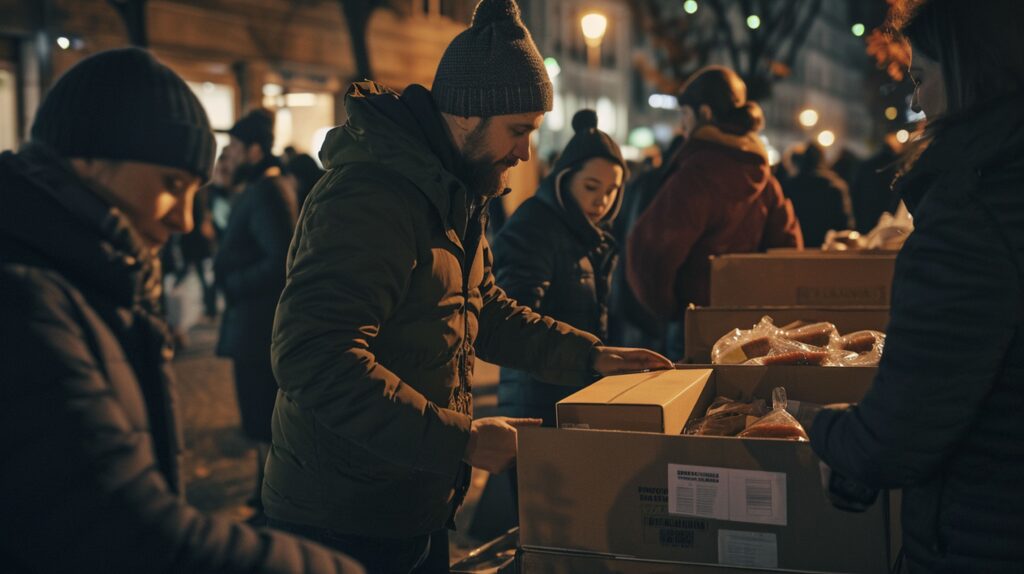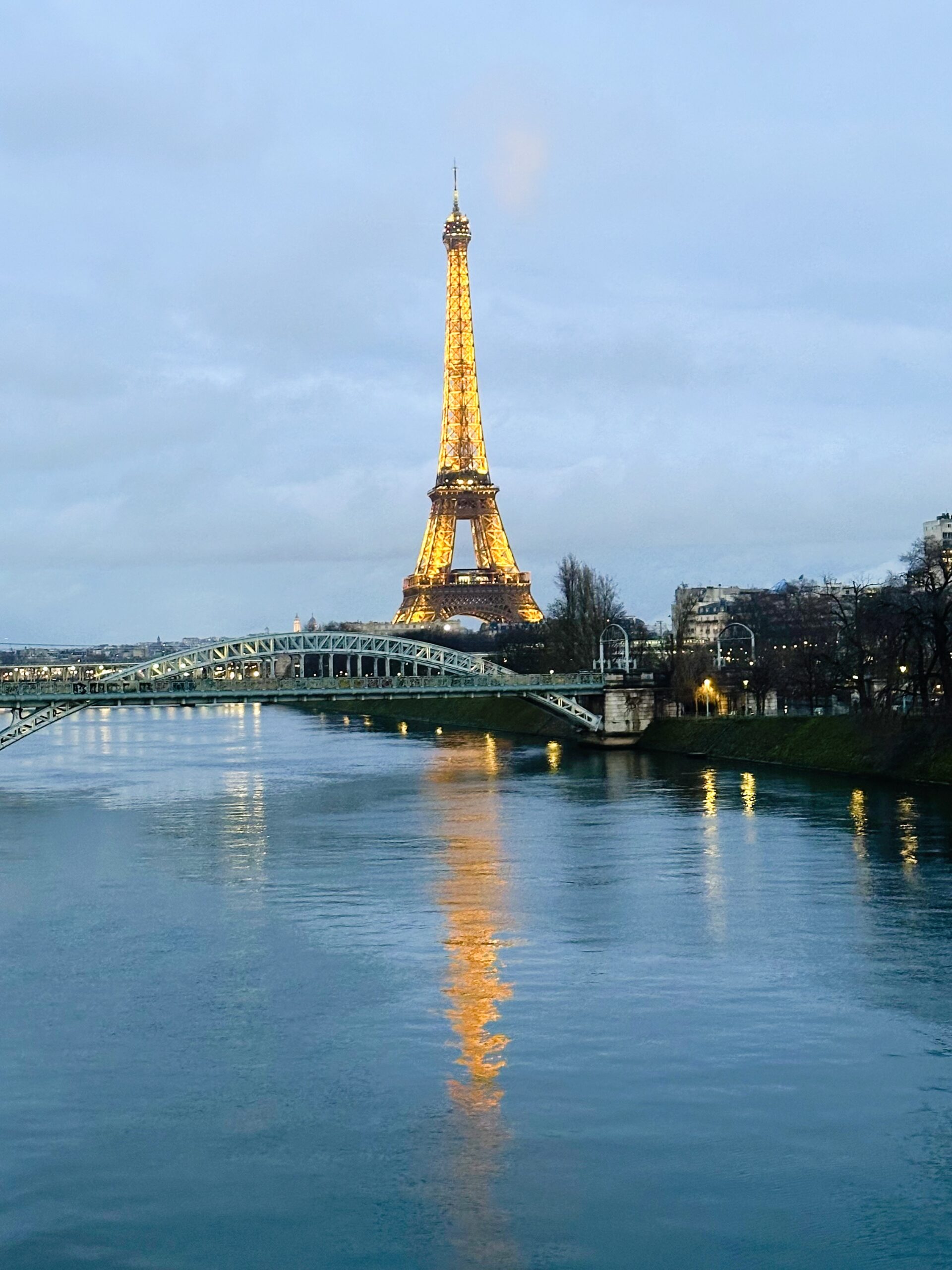Around St. Peter’s Square, and in the nearby neighborhood where I live and work, there are many people who are poor and homeless, many of them sleeping in the porticos of the Colonnade around the Square. They’re hopeful that inspired by their faith, the hundreds of thousands of tourists visiting the Basilica and the Museums of the Vatican will be moved with care to be charitable.

Right below my office window, there is one man from Morocco who refuses to sleep in a shelter out of fear, but who yells loudly at people passing by, directs traffic and finds parking places on the crowded street for a euro or two. There’s no ignoring him, and he’s quite happily expressive if he sees you as a friend coming down the street, but not so much if you’ve passed him by without giving him attention. Over the years, we’ve had our moments of connection and disconnection, and there’s usually a gap of understanding between us, a distance between what he wants and needs, and what I can give.
In our Luke’s gospel today, Jesus tells a story about a social gap between the rich man, and Lazarus – the poor man at his gate. It is a gap not only of understanding and capacity, but of an indifferent lack of regard for this man’s human dignity, let alone any felt sense of empathy for his poverty and suffering. Jesus intends the story to those who are rich and so insulated from their own need, so self-focused on their own comfort and luxury that they do not see people who are poor with any respect, perhaps even blaming them for their poverty. No matter how they came into their wealth, many of those who are rich forget all the advantages and privilege that supported their advancement along the way, and instead think that they are entitled to enjoy their comforts without a thought for the needs of others. This self-justification becomes a defense against paying taxes to support the common good of their communities, let alone stopping to encounter and care for a person lying across their doorstep.
This gap of indifference has only widened over the past two thousand years, so that the chasm between the richest and everyone else, let alone the masses of people who are poor, is more distant than ever. Yes, our capitalist economic system has lifted many out of abject poverty, but it unjustly leaves many without opportunity, stratifying society based on systemic advantages and disadvantages. For many years, I was more focused on this unjust system than on the importance of simply being charitable, taking time to really encounter people in their situations and hear their stories, and offer what little help I might be able to offer. After all, the work of leadership is about making a big impact, right?
While Jesus does address the systemic injustice of the Temple taxes, the social alienation brought on the obsessive codes of purity and conduct within the Law, and the problem of extortion by Roman soldiers and officials, he also directs us to pay attention to the people right at our doorstep. He knows that our humanity relies on being human with our brothers and sisters, and closing the gap of care, concern, and need. He sees and calls out the way that we separate ourselves into social classes and “take care of our own,” like Lazarus tries to do for his brothers. And instead, he models for us how to befriend rich and poor alike, creating a new basis for kinship and community.
As people invested with authority, responsibility, and resources, it is so easy to become distant from the realities of people who are poor, yet in so doing, we add distance to the gap, and we lose a connection to something within ourselves… our feeling hearts, our empathy care for others. Jesus knows that beginning to truly address the question of poverty, an issue that he himself said would never go away, we ourselves must be willing to be in relationship with poor people, and even to become poor ourselves in order that we might become rich in what matters most to his Father: mercy, compassion, and care for our neighbor.
If this feels too challenging, too vulnerable, perhaps we might pray for an opening of our hearts. If this feels true and we’re ready, perhaps it’s time to go to the streets.
Here in Rome, it is inspiring to see groups of young people, parishioners, and prayer groups organized to help people on the street with bags of food, toiletries, clean socks, and information about services for their mental, physical, and spiritual health. But that’s not all. They spend time sitting with those in need, having real encounters and making friendships with people by name. This is what closes the gap.
With you on the road,




